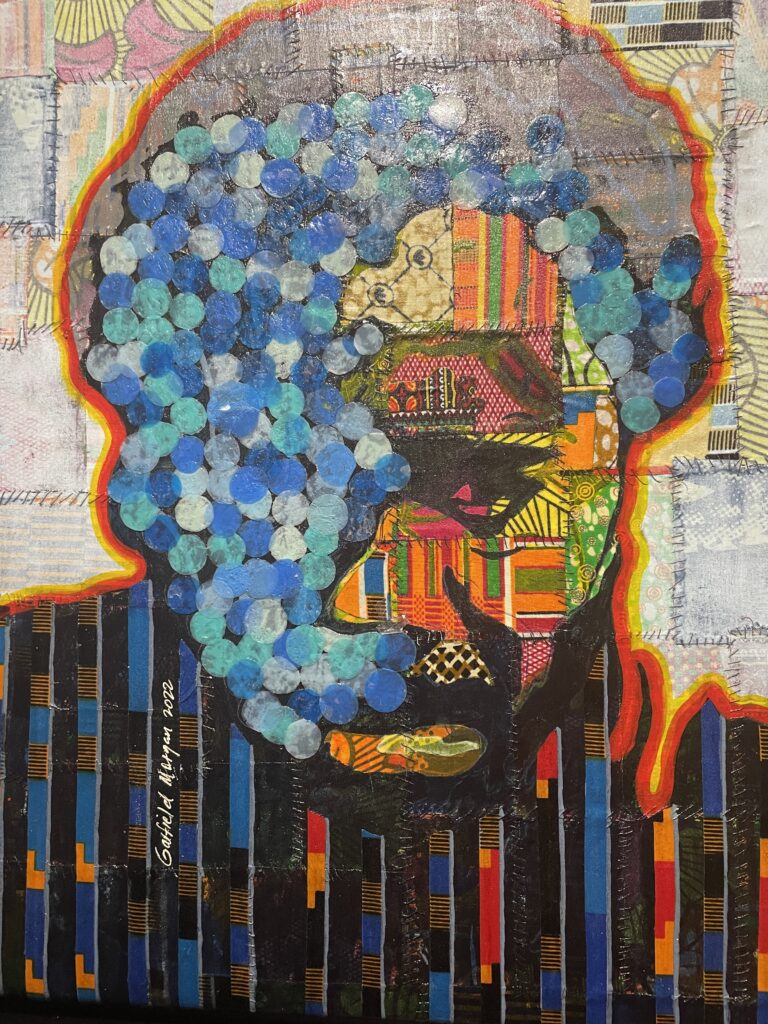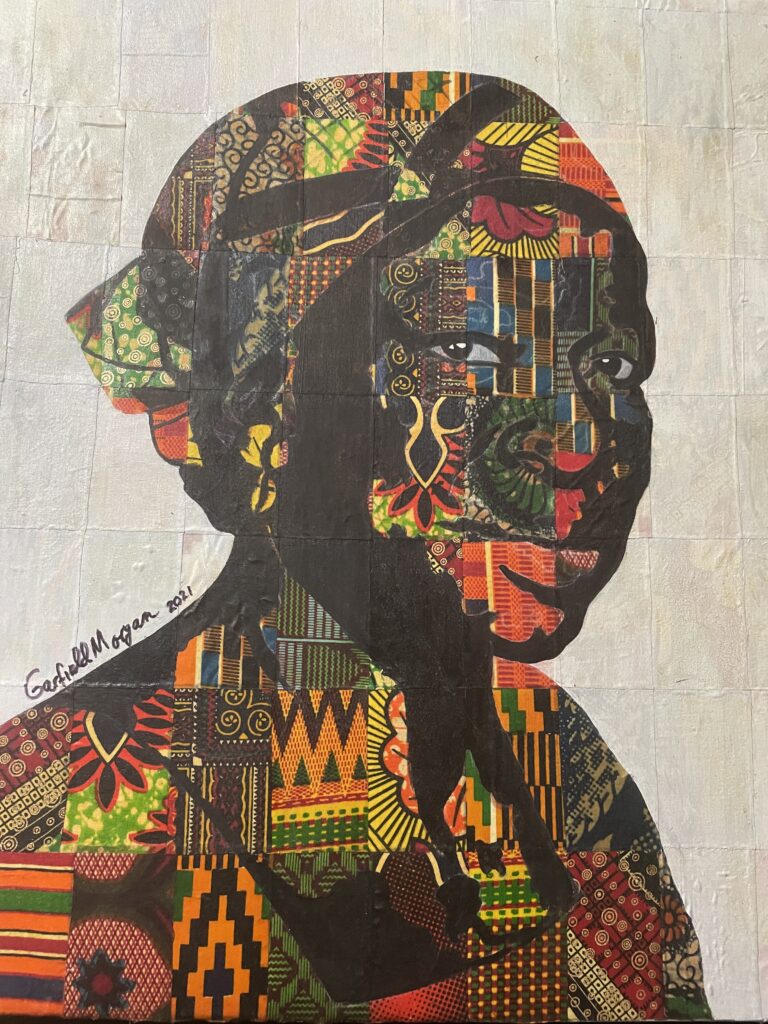Jamaica will not convert new IMF SDR, despite sliding dollar

Finance minister, Dr Nigel Clarke, says Jamaica will not convert the additional 363 million Special Drawing Rights (SDR) it can get from the International Monetary (IMF) by the end of August because the country currently has US$4.5 billion in gross reserves and US$3.5 billion in net international reserves (NIR). The Washington-based, international lending agency was created by Cambridge University’s John Maynard Keynes. Keynes, was an adviser to the United Kingdom’s chancellor of the exchequer (finance minister) during the 1940s and Harry Dexter White, who was also an adviser to the US treasury secretary, recently issued an additional 456 billion (US$650 billion) in SDR. Some US$275 billion of this amount will be made available to developing countries such as Jamaica, effective 23 August in order to help them cope with the foreign exchange shortage caused by the COVID-19 lockdown measures, which are putting pressure on their currencies, leading to higher prices.
Clarke, however, says that Jamaica will not convert its allocation of 363 million in SDR into the US$520 million which they are worth at the rate of 1SDR equals US$1.43, because the country already has US$3.5 billion in NIR and US$4.5 billion in gross reserves. If the country converted this money, it would be repayable at 0.25 percent per annum, whenever it is in a position to do so because IMF has not established a prescribed repayment timeline in order to assist its 190 members, particularly the poorer ones, to overcome the FX challenges caused by the COVID-19 lockdown measures.
However, despite this talk about the adequacy of the reserves by Minister Clarke and central bank governor, Richard Byles, the dollar fell by 4.7 percent in July. This, despite the fact that it should have been appreciating or holding firm against the US dollar based on the difference between Jamaica’s inflation rate, which was 4.3 percent in June, while America’s was 5.4 percent. This has led to an increase of almost $60 billion in the country’s debt stock and an additional $3 billion in debt service charges. A one percent drop in the value of the dollar leads to an increase of $13.1 billion in debt service charges and $661 million in additional interest payments because 62 percent of the debt is denominated in foreign currencies, particularly US dollars. The central bank also intervened in the foreign exchange market with US$50 million from the reserves last week but the value of the currency continues to decline, leading to more debt, higher prices, falling consumption levels, more poverty and criminality.






